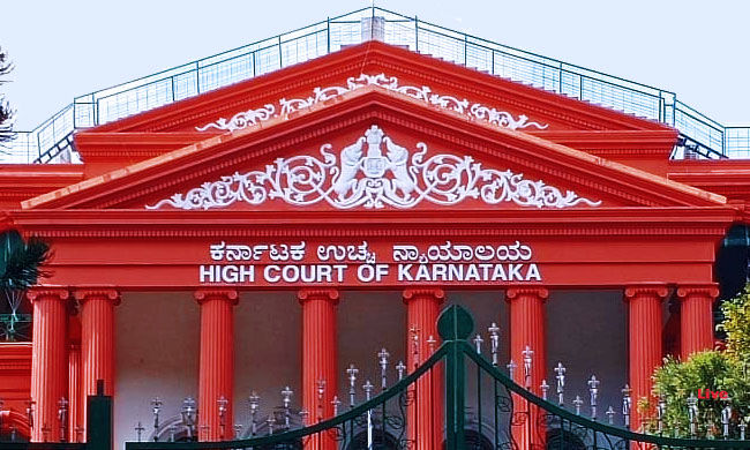BREAKING : Karnataka High Court Strikes Down Law Banning Online Gaming With Stakes
Mustafa Plumber
14 Feb 2022 10:59 AM IST

Next Story
14 Feb 2022 10:59 AM IST
The Karnataka High Court on Monday held certain provisions of the Karnataka Police (Amendment) Act 2021, by which the state government has banned online games with stakes to be ultra vires to the Constitution and struck them down. The Act provides maximum imprisonment of three years and penalty up to Rs. 1 lakh for violation of the provisions.A division bench of Chief Justice Ritu Raj Awasthi...
